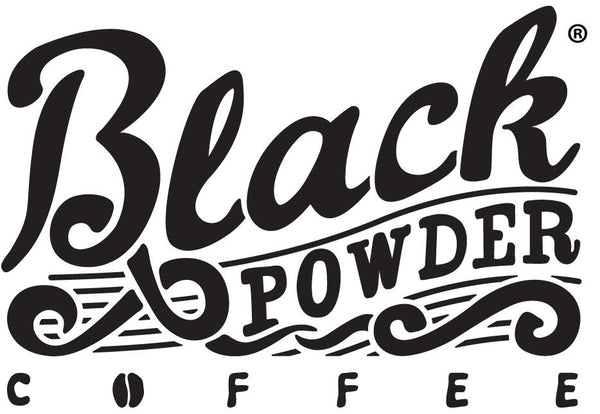Decaffeinated Coffee Processes
The process of decaffeination of coffee can be harsh…..but the SwissWater process is a great way to maintain the quality. Then adding a proper roast profile to bring out the flavors is the blend of art and science.
Decaffeinated Coffee Summary:
Caffeine is a natural component of coffee beans, therefore it is very difficult to completely remove caffeine from them. During the processes listed below, taste is effected during the processing which is another reason to get to know your roaster. They can help you find a good tasting, decaffeinated coffee – YES. THEY EXIST. Eighty percent of the world’s decaffeinated coffee is processed using MC – Methylene Cloride. At BPR, we have coffee decaffeinated using MC and Swiss Water process.
Full-bodied, dark-roast coffee may contain less caffeine than coffee made from milder, more lightly-roasted beans. In general, Arabica beans have less caffeine but a better flavor than Robusta beans.
Why Drink Decaf?
The health effects of caffeine have been the subject of considerable discussion and research, due mainly to the popularity of coffee. The majority of scientific literature on caffeine shows that there are no health consequences associated with coffee consumption. However, it is well-known that, depending on the amount consumed, caffeine can be a mild, central nervous system stimulant. Individuals who are particularly caffeine-sensitive, therefore, may prefer to consume decaffeinated coffee but decaffeinated coffee in the United States is at least 97% decaffeinated….or still has 3% caffeine.
The Decaffeination Process
There are two common methods used to decaffeinate the coffee that BPR uses — direct and water process.
Direct MC Process (also called European Process or KVW): Beans are first steamed or soaked in water. A decaffeinating agent which includes methylene chloride is then mixed directly with the beans to remove their caffeine. Scientifically, the atoms from the MC attract the caffeine molecule and carry the caffeine away (caffeine can then be recovered and resold for soda and energy drinks, among other things). Finally, the beans are steamed and dried to remove the decaffeinating agent. A decaffeinating agent is a substance used to extract caffeine from coffee beans. Different agents require different processes, and each process can have some impact on the flavor of the coffee.
The methylene chloride process has higher SCAA cupping scores thus maintain coffee flavor better than other processes. Based on extensive research data, the U.S. Food and Drug Administration (FDA) has determined that methylene chloride is safe for use in coffee decaffeination. While the FDA regulation allows up to 10 parts per million (ppm) residual methylene chloride, actual coffee industry practice results in levels less than 0.1 PPM. Methylene Chloride is highly volatile and completely dissipates at 170 degrees F. Coffee is roasted at 420-450 degree F and brewed at 200 degree F.
The Swiss Water® Process: The beans are first soaked in very hot water for a period of time and caffeine is leached out of the beans’ cellular material. The solution is then passed through a carbon filter with a porosity specifically sized to capture larger caffeine molecules, while allowing smaller oil and flavor molecules to pass through. Water, oils, and flavor are reabsorbed by the beans. The beans are then dried to their original moisture content.
The Swiss Water® Process is a patented decaffeination process, which uses only pure “flavor charged water” and a charcoal filtering system to remove caffeine from green coffee beans. Swiss Water® Process is certified organic, and 100% chemical free. They are the only decaffeination facility in the world certified organic by both OCIA and Aurora Certified Organic. In addition, they are also certified Kosher by the Kosher Overseers Association.
Swiss Water process animated:
The SWISS WATER® Process is certified organic by the Organic Crop Improvement Association, the world’s largest organic certification agency, in accordance with standards developed by the USDA National Organic Program. The decaffeination facility itself must conform to the OCIA’s rigorous standards. The organic integrity of our operation ensures organic coffee beans are decaffeinated using the SWISS WATER® Process maintain their organic certification. Click here to visit the decaffeination processes for coffees we roast at BPR.
Learn More About Black Powder Coffee:
